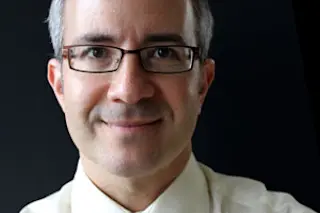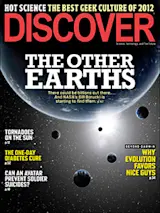In 1919, Robert Goddard, a forward-thinking physicist and inventor from Massachusetts, wrote that a rocket powered by liquid fuel could escape Earth’s gravity and land on the moon. “A severe strain on credulity,” scoffed The New York Times, a half century before Apollo 11 cemented Goddard’s reputation as the rocket man whose vision blasted into reality. His story was the inspiration for the panel discussion “Crazy or Brilliant: Betting on High-Risk, High-Reward Science,” sponsored by DISCOVER and the Research Corporation for Science Advancement in collaboration with the New York Academy of Sciences. Last May, physicists Brian Greene and Michal Lipson, venture capitalist Shelley Harrison, journalist Jon Gertner, and DISCOVER editor in chief Corey S. Powell gathered in front of an audience in the academy’s glassy New York offices for a spirited discussion about string theory and supermarket scanners, cranks and geniuses, and how in science, as Bob Dylan once sang, ...
Crazy or Brilliant?
Science is a risky business, argue leading researchers in a special DISCOVER roundtable. You have to gamble big to win big.
More on Discover
Stay Curious
SubscribeTo The Magazine
Save up to 40% off the cover price when you subscribe to Discover magazine.
Subscribe














